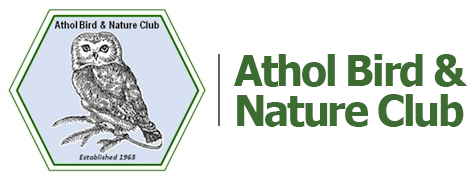 Information for Action
Information for Action
UMASS Campus Center
October 3 and 4, 2008
Conference objectives:
- To provide up to date information on pollinator issues; pollinator status, threats, and research methods.
- To inform landowners and managers about practices which sustain pollinators.
- To inform participants about existing outreach efforts, including partnerships, citizen science, and education.
The Conference was open to the public. Scientists, naturalists, concerned citizens, educators, local, state and national agencies, and non-governmental organizations that manage lands, and farmers and gardeners were invited to participate.
List of Conference Speakers and Bios
Conference Agenda
Conference Poster
The following are a few of the presentations converted to PDF. These materials are for viewing only and are not to be copied or used in any way without permission of the credited authors.
- The Meaning of Counting Bees by Sam Droege
- Landscaping for bees by Ellen Sousa
- Xerces Society Overview – part 1 – by Eric Mader
- Xerces Society’s Pollinator Conservation Program – part 2 – by Eric Mader
- Pesticides in Connecticut Pollen by Kim Stoner
- Bee Sampling Methods – Rob Jean
Special Dinner Event
Friday Evening, Oct 3, at 6 pm
Keynote Speaker: John Ascher American Museum of Nature History
Held in the UMASS Campus Center, Amherst, MA
Presenters included: Sam Droege, Dave Wagner, John Ascher, Lynn Adler, Rebecca E. Irwin,
Anne Averill, Dan Conlon, Howard S. Ginsberg, Robert P. Jean, John Losey
Elizabeth Johnson, Edward Toth, Kevin Matteson, Eric Mader, Dr. Jeff S. Pettis
Dolores A. Savignano, Cory S. Sheffield, Ellen Sousa, Kimberly Stoner, Nan Vance,
Susan Cloutier, organizer: cloutier@tiac.net
Pollinator Links
- Pollinators
- Effects of invasive plant species
- Air Pollution impacts pollinators
- National Academy of Science study recently identified long term population declines for some wild bees, butterflies, hummingbirds, and bats:View the study. PDF file
- The Pollinator Partnership has its own web site with a wealth of information, including a curriculum of pollinator activities for third through sixth graders.
- The Xerces Society
- North American Pollinator Protection Campaign
Using green landscaping practices, as called for in U. S. Fish and Wildlife Service’s Director’s Order 144, Greening the Service Through Environmental Leadership, helps protect pollinators by using native plants and reducing pesticide use.
